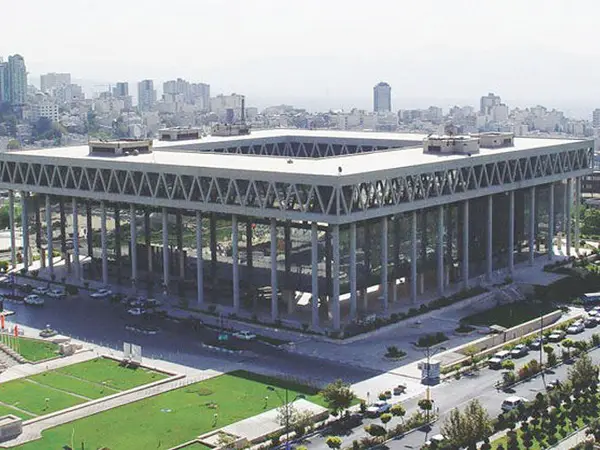Top Iranian officials appear to perceive or pretend to perceive the ongoing protests in Iran as an outcome of what they call a "media war" against the regime.
From the start of popular protests in mid-September, Iran’s ruler Ali Khamenei and his top officials began blaming foreigners for the unrest, mostly ignoring the root causes of deeply felt public anger.
In one of the most recent comments in this regard, Iranian Army Commander General Abdolrahim Mousavi charged that "The enemies are waging a war on the Islamic Republic using audio, video and written words."He claimed that "the enemies are targeting the status of the Supreme Leader and the Islamic Republic's values."
Earlier, IRGC Commander Hossein Salami had also expressed his anger against the media coverage of the ongoing uprising and threatened foreign-based Persian broadcasters such as Iran International and BBC Persian. The satellite TV programs beamed by these independent media have become even more popular during the crisis for a public that is bombarded by one-sided government outlets.
The persistent accusations and threats against independent media reached a point that in early November London’s Metropolitan Police warned Iran International about serious terror threats against some of its journalists and positioned tight security around its headquarters.
Meanwhile, Iranian lawmaker Jalal Rashido Kochi told Didban Iran website on December 1, that "foreign-based media that operate against the Islamic Republic have become extremely powerful," however, he blamed state television, the Islamic Republic of Iran Broadcasting (IRIB)'s weakness for Iranian's trust in foreign-based media. He said Iranians should not trust the videos they watch on foreign-based televisions.
"Foreign-based media are aware that Iranians are not happy about their financial situation and the country's economic crisis, and they use this situation to fan opposition to the Iranian government," Kochi argued and added that the media scene has changed in recent years, and we can no longer convince the audiences to use an exclusive government-owned news source." Kochi was referring implicitly to the state TV's exclusive right to broadcast in Iran.
Following a decade of extreme censorship and sheer propaganda after the 1979 revolution, Iran allowed minimal openness on the state radio and TV in the early 1990s and dozens of reformist newspapers brought a breeze of media freedom in the late 1990s, but hardliners around Khamenei shut down all reformist papers, jailed proreform journalist and returned hardline fundamentalism to radio and television. In recent years, following the emergence and popularity of social media the government exerted pressures to ban nearly all social media platforms in Iran.
In an interview on Etemad Online, Hossein Nourani Nejad, the spokesman for the reformist party, said this week that "There is no hope in reforming the state television and media outlets aligned with military and security institutions." He was referring to publications such as the IRGC mouthpiece Javan, and other dailies such as Kayhan, Vatan Emrooz, Hamshahri, Fahikhtegan, Jam-e Jam, Hemayat and so on as well as IRGC-affiliated news agencies Fars and Tasnim and two dozen news websites linked to security organizations.
Nourani Nejad added that these media outlets basically produce news and current affairs stories to cater to the taste of a minority, presumably meaning the regime loyalists.
